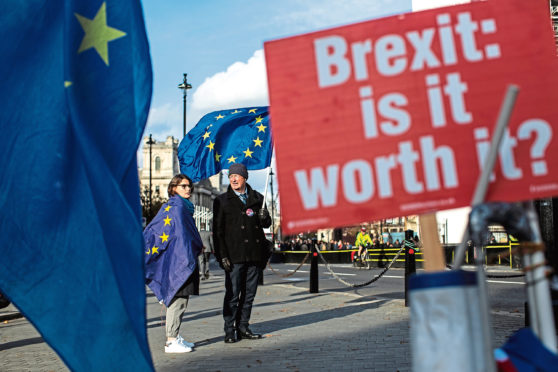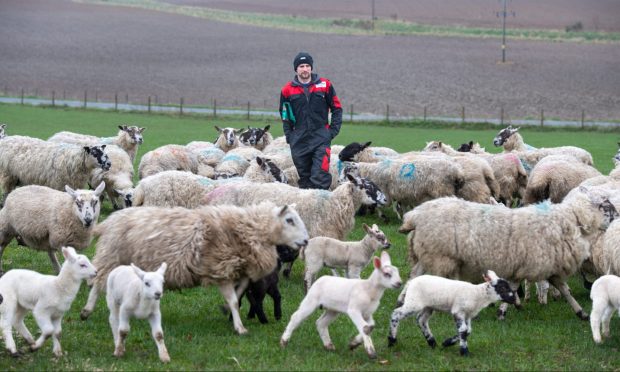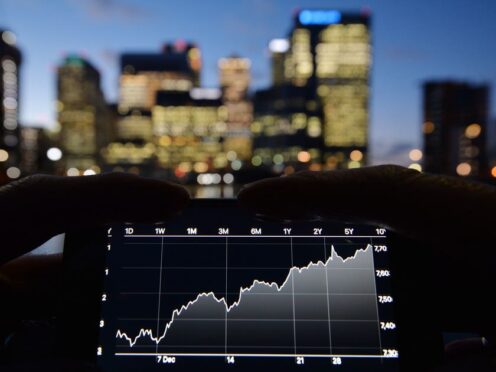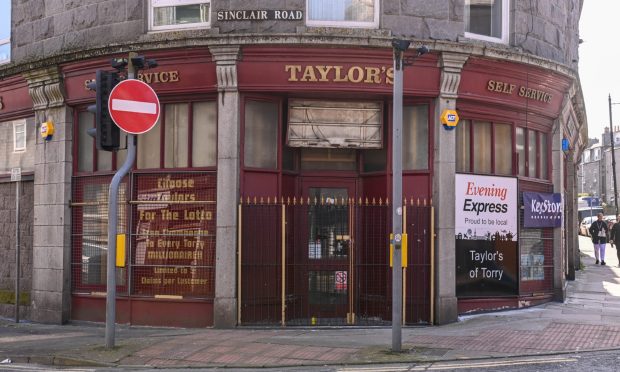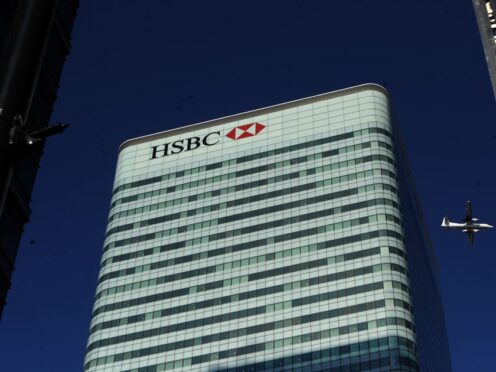Persistent Brexit uncertainty has knocked business confidence among finance chiefs to some of the lowest levels in recent years.
Deloitte’s latest CFO Survey shows 58% of chief financial officers (CFOs) say cost reduction is a strong priority, while 65% report high or very high levels of financial and economic uncertainty.
The survey also showed that following Brexit, weak domestic demand will become the second greatest risk facing businesses.
The Deloitte CFO Survey gauges sentiment among the UK’s largest businesses.
A total of 91 CFOs participated in the latest questionnaire, including finance bosses at 59 FTSE 350 companies.
The Q3 2019 CFO survey ran between September 17 and 30, 2019.
It showed increasing cash flow is a strong priority for 48% of CFOs, up from 42% last quarter, and reducing leverage is a priority for 19%, up from 17%.
In addition, 70% of CFOs expect hiring to reduce in the next 12 months and just 3% expect it to rise.
Stephen Williams, senior partner for Deloitte in Scotland, said: “Perceptions of uncertainty are elevated and corporate risk appetite is vanishingly low.
“The priority appears to be curbing costs, not expansion.
“With Brexit cited as the biggest risk businesses face, the last quarter has also seen heightened concern over slowing growth in the UK and eurozone and CFOs are tightening their purse strings in response.”
While the effects of Brexit continue to be the largest risk facing businesses, domestic economic conditions are weighing heavier on CFOs’ minds.
Weak demand in the UK is the second biggest risk and at the highest level in five years.
Poor productivity and weak competitiveness in the UK also rose in the same period.
Concerns over European growth have also risen with the rating for deflation and economic weakness in the euro area, and the possibility of a renewed euro crisis, up from 42 to 51.
The report said there has been a small shift in where CFOs see Brexit having an effect on their business plans. While 28% say it will curtail M&A activity, up from 25% in Q2, 45% say capital expenditure will slow.
Six in 10 (60%) forecast a decrease in hiring rates, down from 62% in Q2.
Overall though, 76% of CFOs believe that the long-term business environment in the UK will be worse as a result of leaving the EU, down from 83% in Q2.
Mr Williams said: “Corporate risk appetite is being suppressed both by Brexit and macro-economic uncertainty, but there are some positives: unemployment has fallen and earnings are rising at the fastest rate in more than a decade.
“While it’s unclear whether these trends will be sustainable, I do take confidence from the fact that businesses in the UK have long shown themselves to be adaptable and resilient to change.
“We now need clarity on what that change looks like.”
